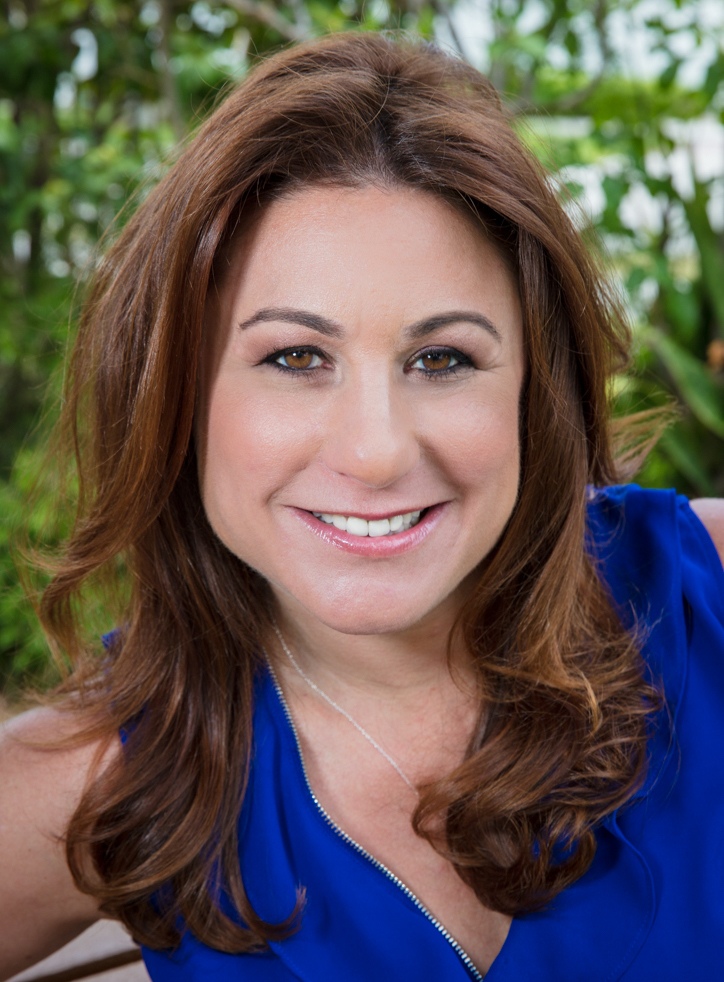Given the constant emphasis our society places on being thin, it isn’t surprising that many people believe dieting is both a normal and necessary part of life. However, constant attention to weight, calories, fat, and body size can quickly turn into a destructive cycle of body dissatisfaction.
The National Eating Disorders Association (NEDA) states that weighing oneself, skipping meals, counting calories, or over exercising may not necessarily mean that you have a diagnosable eating disorder. Instead, what you may be dealing with is what is known as disordered eating.
It is not uncommon for our eating to be affected during times of stress. We may even miss a meal every now and then when we are on the run. What differentiates disordered eating from these behaviors is the purpose and frequency of the behavior. In other words, a problem develops when people use food to control their environment and deal with underlying emotional issues.
According to NEDA, disordered eating is when a person’s attitudes about food, weight, and body size result in a pattern of rigid eating and exercise that place one’s health, safety, and happiness at risk. While disordered eating may innocently begin as a way to lose weight or get in shape, these behaviors can quickly become out of control and can turn into an eating disorder.
NEDA outlines a variety of behaviors that are indicative of disordered eating and include:
- Constant calculation of fat grams and calories
- Frequent weighing yourself; scale obsession
- Exercising to burn calories, as opposed to health and enjoyment
- Feeling out of control while eating
- Eating patterns that include extreme dieting, specific food preferences, secretive bingeing, and ritualistic behavior at mealtime
- Overly focusing on weight loss, diet, and control of one’s food
- Shame, disgust, or guilt after eating
- Constant worry about weight, shape, or body size
- Your weight defines your identity and value
If you responded positively to any of the behaviors listed above, then you are likely engaged in disordered eating. Leaving such beliefs and attitudes unattended could result in the development of a full-blown eating disorder. Seek help from a nutritionist or therapist who specializes in eating disorders and disordered eating.
Visit therapeuticoasisofthepalmbeaches.com to find a provider or learn more about our services.

Nicole Friedman, Psy.D., CEDS is a psychologist and co-founder of the Therapeutic Oasis of the Palm Beaches. Dr. Friedman specializes in the treatment of eating disorders, trauma, Post Traumatic Stress Disorder (PTSD), mood disorders, addiction, and personality disorders. She believes that each client is unique and deserves to be treated with respect and compassion. Her greatest hope is to help clients connect with ‘their truth’ and create a meaningful life.